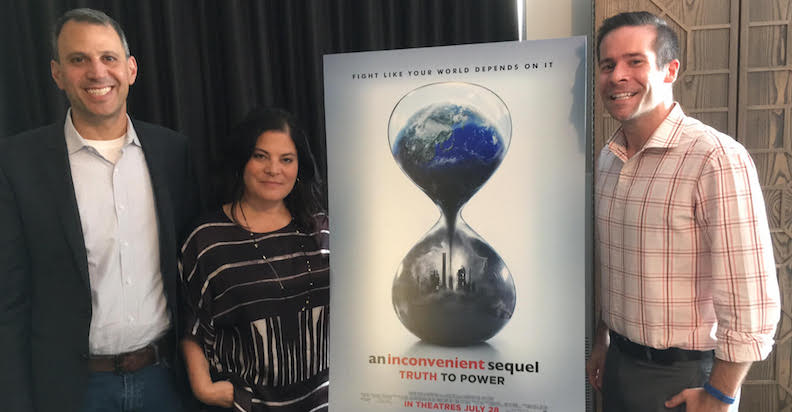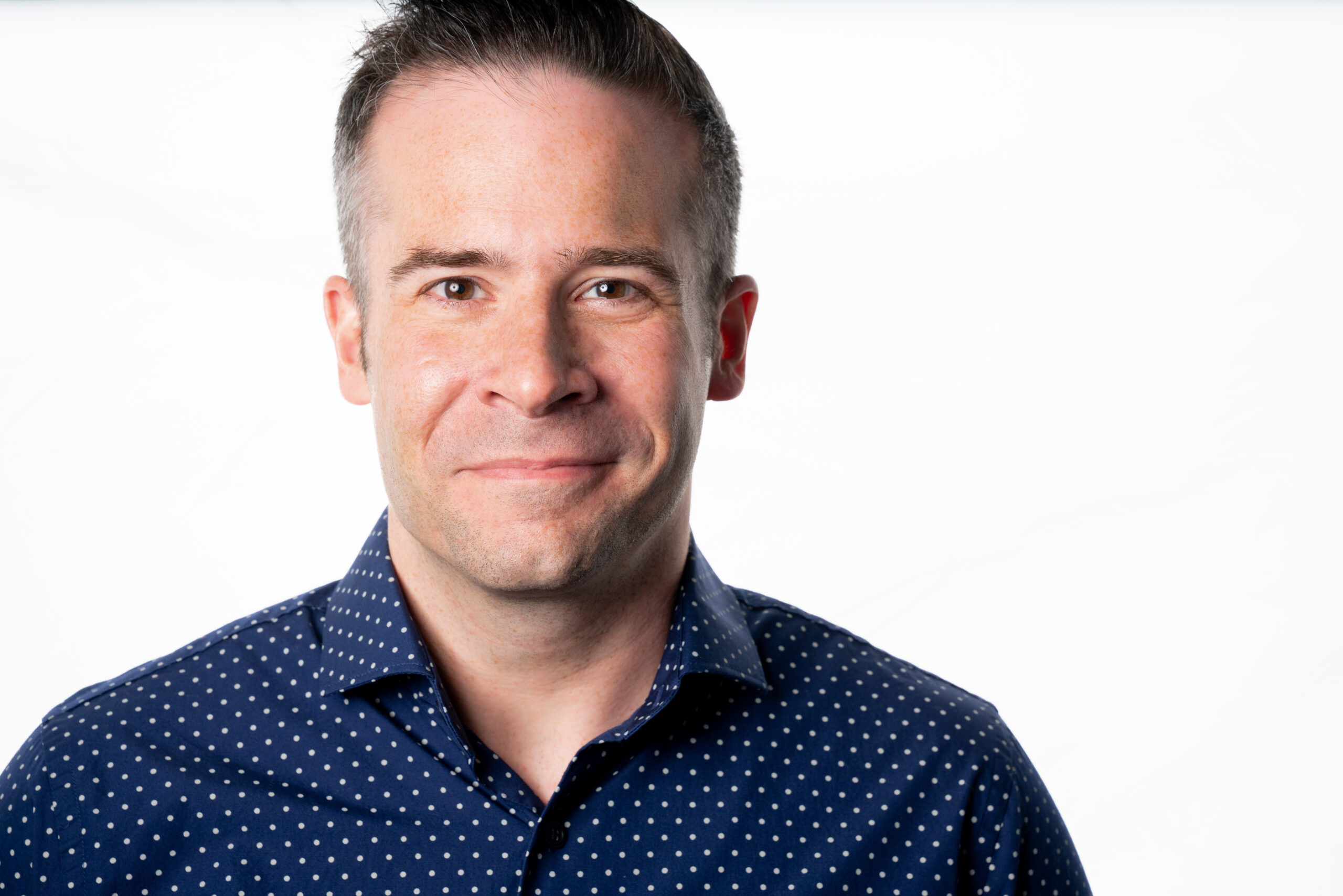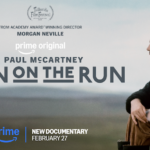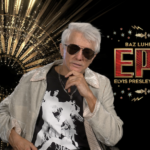IN CONVERSATION: THE FILMMAKERS BEHIND “AN INCONVENIENT SEQUEL”
with Bonni Cohen and Jon Shenk
In 2006, Vice President Al Gore made the documentary An Inconvenient Truth to shed light on the issue of global warming and the climate crisis at hand. It has been the major focus of his career since leaving politics. It led to the Oscar for Best Documentary and has now spawned a follow up film looking at the work he has done, what we’ve accomplished, and what it all could mean with a Trump presidency. I had the chance to see the film and sit down with the filmmakers, Bonni Cohen and Jon Shenk, to learn about their process as documentaries and their approach to taking on this seqel.
Paul McGuire Grimes (PMG): When was it determined to do this 10th anniversary sequel to Al Gore’s movie?
Jon Shenk (JS): Bonni and I first heard about it exactly two years ago, July 2015. Diane Weyermann who heads up the documentary unit at Participant Media called us and said, “What do you guys think about doing a sequel to An Inconvenient Truth?” We thought this was an incredible dream come true to be able to work on this meaningful project. The thinking that had gone into it that Al and Jeff Skoll, who founded Participant, and Diane had been knocking around the idea for years, and I think that the reason why they thought now was especially a good time is that the cost down curve of renewables has come so far where it’s really a viable economic choice in so many parts of the world. It’s cheap, if not cheaper, to get our electricity that way. They recognized the fundamental drama that didn’t exist ten years ago.
PMG: Filming started before the election, but how much did the scope of the film change once President Trump became the president?
Bonni Cohen (BC): The scope of the film really didn’t change because we shot 7/8ths of the movie in the year running up to the 2016 election. What’s interesting about the film though, now that he’s president versus Hillary, the film has a different lens through which we have to look at the material in the film. That becomes extremely important. We don’t necessarily have to change it — just think about it differently. What we did have to change, and the other thing to note, is that Trump’s presidency is so young that there’s a lot we don’t know yet in terms of perspective in what he’s actually going to do. We know that he’s made horrible appointments like the Climate Crisis, he’s pulled out of Paris, but what does it actually mean? What does it mean in terms of reality? What we did have to address are those facts and that he’s appointed a cabinet that’s primarily climate deniers. He’s dismantling the EPA. He has pulled the United States out of Paris. We wanted to acknowledge that because it has a huge bearing on what is actually in the film. We spent a lot of time on the narrative drama that takes place in Paris, so we have to acknowledge that Trump has pulled out. On the other hand, there’s a lot that is going on in the local and state level in this country, and doubled efforts around the world to make good in Paris. There is a lot going on that could actually work to help us meet the commitments made despite Trump.
PMG: We see a very personal, vulnerable, not relaxed, but off guard side of Gore. Was he hesitant about showing that side of him? Did you have to encourage him to show that side, and not just the political vice president he once was?
BC: He needs to be drawn out to do that in front of people. We got to know each other very well. We were together for almost two years. For one, when John’s behind the camera and we’re shooting scenes for hours at a time, sometimes he [Gore] forgets that we’re there and his emotions run high, and he becomes introspective. We also spent time drawing out his personal feelings, his own connections to it through his work. He’s a lot looser than he was ten years ago. We did some targeted discussions with him about his personal feelings.
JS: By the time we met him a couple of years ago, he had this line he quotes from Kris Kristofferson, “Freedom is just another word for nothing left to lose.” He quotes it for a reason. I think he’s reached that point in his life where he doesn’t have to be careful in a political sense anymore. He knows what he knows, he is who he is, he studies hard, and he works hard to bring awareness to this issue that he cares deeply about. That’s obvious for anyone that watches him. He was game for it. He started to see the power in the emotional drama, which we deeply believe in. We deeply believe when you follow people around, especially smart interesting people who are trying to get stuff done, that a natural drama will come out in their everyday lives. We hope that it comes out, and it certainly did for us.
PMG: Was there that surprise factor when you went down to that Texas city that was very red
BC: Georgetown
PMG. Yes, Georgetown, to have the mayor 100% on board with renewable energy? To have that shift in what we think of red vs. blue, Democratic vs. Republican? Did you know that going in?
BC: That’s why Al wanted to visit him. That dissonance between us is understanding from an economic perspective that alternative energy, renewables are way better in Georgetown. It’s a significant city with 65,000 people in the heart of oil country. That combination of things is so surprising and gets at the core of what Al is really about in his post-political life and we want to take this out of politics.
PMG: This shouldn’t be a political thing.
JS: It really shouldn’t be
BC: It’s turned into one over time.
JS: The only reason it is is because, as you know, these companies that have these oil assets have made it their business to turn it into a political, tribal issue when it was never meant to be one. The great thing about that scene is that it combines so much in one thing. It gets into what Bonni was saying about the post-political Al. Who cares what party you’re in. We just want to solve this problem. It shows the economic nature of the choice we have, which is that it is just financially so sensible to move as fast as possible into renewals for the jobs, the price of electricity, everything. If you watch the scene carefully, you’ll notice the Republican mayor twice says, “the added benefit is there’s less pollution.”
BC: “And our air is cleaner!”
JS: We realized as Trump was talking to the Boy Scouts the other day that there’s a core fundamental conservative value, which is when you go camping, you leave your campsite cleaner than you found it. That is a deep Boy Scout level value that we grew up with as Americans. You go out into nature and respect nature. I think these conservatives that get on board the clean energy revolution realize that this connects to another value they have which is to leave a clean planet for our kids.
PMG: Were there choices you had to make so this sequel didn’t just feel like a rehash of the first film? Was there ever that concern?
BC: We knew we couldn’t just make another slideshow movie. We didn’t want to do what the first film did as this is a different time. When An Inconvenient Truth came out, which by some accounts is one of the most important documentaries made within the last twenty years, it sent a lighting rod around the world of what global warming was, there’s a vernacular, but we’re in a different time now. That calls for a different kind of film. We’re very into a character driven documentary. We thought we would take a risk to ask Al if he was up for it.
PMG: What do you feel like are some misconceptions about the documentary genre that you try to dispel when making a movie?
JS: We really come at it that documentaries are works of art. They’re emotional mirrors that we hold up to society to reflect back on a story. That’s how we approach it. It wasn’t so much premeditation to it other than we just tend to look at a situation and how we can best capture the human drama going on here. In doing that, hopefully we can do a lot of good because we’re following this character who cares deeply for this planet that he’s spent so much of his career focused on. It’s such an emotional thing for him, and most importantly, dovetails the moment where we are history right now. This issue has sunk in. It’s really in our culture now. Kids have grown up with it. Our generation has grown up with it for years now. It’s become emotional. It’s become a real black and white issue where people who know what the right thing is know that we will get there – it’s just a matter of how fast we get there. It’s become like the civil rights issue or the gay rights issue and we just need to get there faster. Al is such an embodiment of that, and it was such an honor to tell that story at that time.
BC: The other thing to note about documentaries is that we’re living in a time where something like fake news is an outcropping of what happened when social media became a place where people got their news. There’s a delusion of what the facts are. There’s no Walter Cronkite on CBS who tells you what the facts are. You get Rachel Maddow or Sean Hannity telling you what they think. That’s not the truth. That’s an editorializing of the truth. There’s a hunger for documentary as there’s an opportunity for longer form media to sit with the subject matter long enough to get information you can’t get anywhere else or you don’t know where to get it. There’s a golden age of documentary happening right now because there are many more places to distribute it and get it. I think at the base of it is a hunger for emotional storytelling around factual information.
PMG: Do you have a favorite documentary or one that you look to for inspiration when making a documentary?
Both: We have so many.
BC: I often talk about The Times of Harvey Milk. That was the reason why I went to film school. Rob Epstein, who directed it, is a really good friend of ours now. What’s wonderful about it is that it takes the history of Harvey Milk and the murder, but it turns into a story of our time and a story that’s much bigger than that through the eye witnesses who were there and have become this incredibly deep and emotional tale.
JS: The film that I saw that made me a documentary filmmaker was The Thin Blue Line by Errol Morris. Have you seen it?
PMG: No, but I know both are on Criterion Collection.
BC: Yes, they are!
JS: I just rewatched it. It came out thirty years ago. It’s kind of a meditation about truth. It’s a murder, capital punishment case.
PMG: The “original” true crime…
JS: It weirdly enough, even though it’s gotten to be kind of a cheesy genre, it really invented those recreation techniques. It’s a fascinating film with the access he got, the way he got people to talk. The film became a police investigation to the point where it overturned the case of this innocent man sitting in prison in Texas. It’s a powerful documentary because it was a powerful story, but it also reflected out to a greater social issue, which was police brutality, police corruption. Hopefully, that’s what we aspire with our films is to start out small in order to say something big.
PMG: What is one small thing you want a moviegoer to take away form this movie to make a difference? How can they feel like they can make a change?
JS: We really feel like this choice we have now to do something about the climate crisis is something that everyone can get involved in. It’s not something where solutions are on the horizon. We have the solutions. You can, whether you live in a home, or go to school, or work for a company, or you want to get involved with the city’s politics or your state’s or federal representative, to use your vote or consumer choices in powerful ways. I’m excited for kids to see this and go to their school principal and ask questions about their school’s electricity. The coal museum in Kentucky. Do you know this story? The History of Coal Museum in Kentucky, the coal state, Mitch McConnell’s state. Guess where they get their electricity? Solar panels on their roof. Their executive director looked at the finances and thought it would more than pay for itself as it would be cheaper in the long run, so they put solar on the roof. That is happening all over the country, the world. We think those are the kinds of choices people will get involved in.






